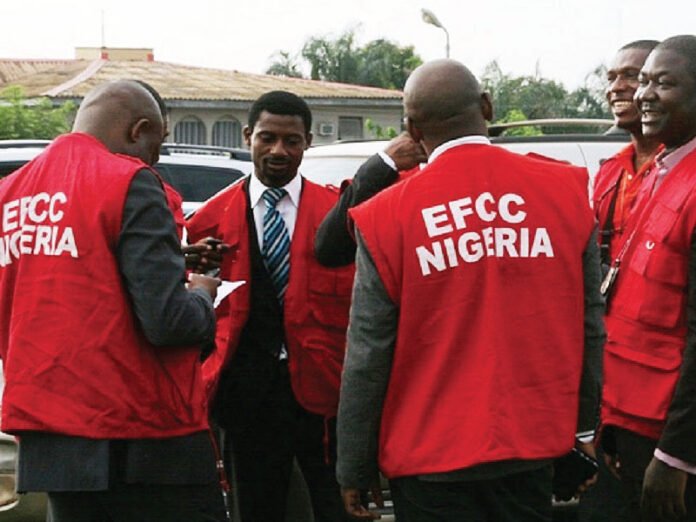The Governor of the Central Bank of Nigeria, Olayemi Cardoso, has revealed that security agencies are currently investigating questionable foreign exchange allocations and forward contracts previously estimated at $2.4bn.
This is including the Economic and Financial Crimes Commission (EFCC).
The development followed the conclusion of the audit of $7bn dollar debts inherited by the Cardoso-led CBN from the previous administration of the apex bank.
The new administration of the apex bank had engaged a global firm, Deloitte, to carry out an audit of the $7bn debts. Cardoso had earlier said about $2.4bn FX allocations from the $7bn backlogs were invalid.
Elaborating further on the issue while speaking with journalists shortly after the 294th meeting of the Monetary Policy Committee in Abuja on Tuesday, the CBN governor disclosed that security agencies were investigating the FX transactions that had been declared invalid by the audit report.
The apex bank, according to him, is providing the necessary documents to help the investigation.
Cardoso said law enforcement authorities were focused on unraveling issues around foreign exchange transactions that did not meet the standards of the regulatory agency
He stressed that the report of Deloitte consultants revealed that the majority of the transactions did not meet the criteria for payment.
He emphasised the lack of valid documentation, among other infractions and discrepancies revealed in the audit report.
The CBN chief detailed several anomalies, including the allocation of millions of dollars to fictitious entities, and the provision of FX allocations without the corresponding naira value.
While emphasising the gravity of the irregularities, Cardoso described the numerous foreign exchange transactions under investigation as “clearly unlawful.”
Cardoso explained, “Recall that when we came in September, we had a backlog of forward transactions which were contractual in nature and had already been contracted before we came in. It was clear to us that in the interest of the credibility of the central bank, which at that point in time was very much in question, we were able to satisfy and take care of these forwards.
“And I actually said it would be a priority to ensure that we take care of these forwards within the resource constraints we had. And that was why, on a regular basis, I tried to address the issue with the press and be transparent as possible to allow Nigerians to know exactly where we stood and what were doing.
“During that period we settled certain tranches and then we got wind of the fact that, well, there were a number of transactions which, quite frankly, had some issues with respect to the genuineness of them. That was how we brought in Deloitte management consultants who took their time; and this really did take months. This is not something that happened overnight.”
![]()










